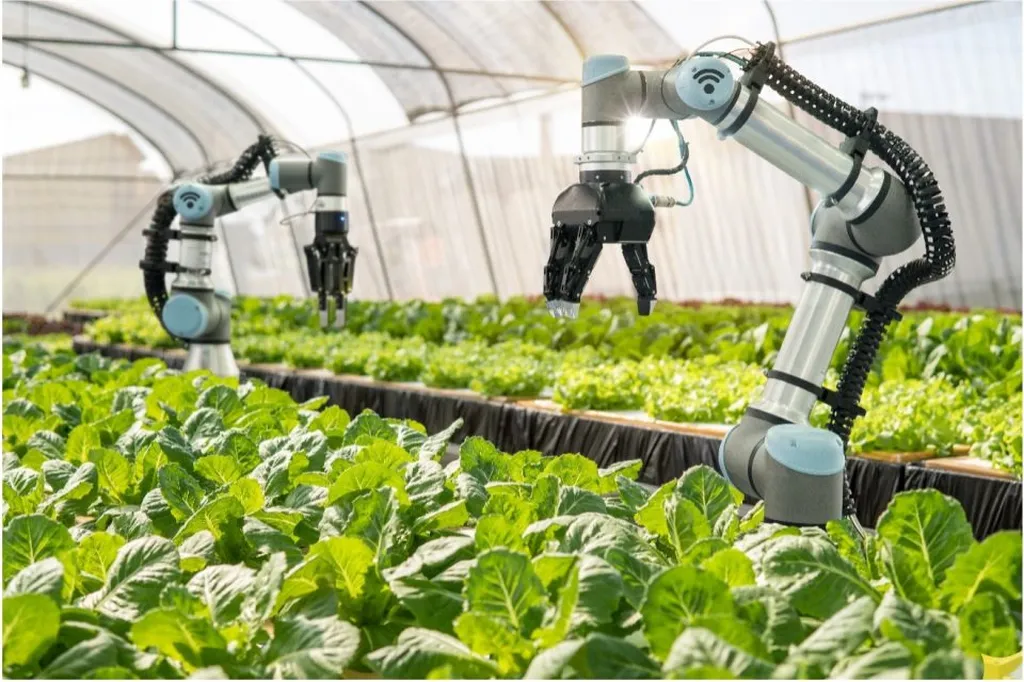In the face of climate change, legumes—critical crops for global food security—are under siege from cold stress, which can decimate yields and threaten livelihoods. A groundbreaking review published in the journal *Plants* (translated to English) offers a beacon of hope, integrating cutting-edge artificial intelligence (AI) and biotechnology to fortify these crops against the cold. The research, led by Kai Wang of the Institute of Vegetables and Flowers at the Jiangxi Academy of Agricultural Sciences in China, synthesizes recent advances in understanding and enhancing cold tolerance in key legumes like chickpea, soybean, lentil, and cowpea.
Cold stress has long been a silent thief of productivity, particularly in climate-vulnerable regions. “Cold stress severely limits legume productivity, threatening global food security,” Wang explains. The review delves into the molecular and physiological foundations of cold tolerance, revealing conserved pathways like the *ICE-CBF-COR* cascade and species-specific mechanisms such as soybean’s *GmTCF1a*-mediated pathway. These insights are not just academic; they are pivotal for breeding more resilient crops.
The integration of AI and high-throughput phenotyping is revolutionizing the field. “AI and high-throughput phenotyping achieve over 95% accuracy in early cold detection, often 3–7 days before symptoms appear,” Wang notes. This early detection, coupled with deep learning models like CNN-LSTM hybrids, improves trait prediction by 23% compared to traditional linear models. Genomic selection, leveraging hundreds of thousands of SNPs, cuts breeding cycles by 30–50%, reducing the time to develop new varieties from 5–10 years to just 3–5 years.
Advanced sensors, including LIG-based and LoRaWAN technologies, enable real-time monitoring with unprecedented precision (±0.1 °C, <30 s response). These sensors support precision irrigation, saving 15–40% water while maintaining yields. "This technology is a game-changer for farmers, especially in water-scarce regions," Wang says.However, the path forward is not without challenges. Standardizing multi-omics data and addressing cost constraints in resource-limited regions remain significant hurdles. Despite these obstacles, the integration of molecular insights with AI-driven phenomics and multi-omics is accelerating the development of climate-resilient legume varieties.The implications for the agricultural sector are profound. By enhancing cold stress resilience, this research not only boosts crop yields but also contributes to sustainable agricultural practices. The commercial impact is substantial, offering new opportunities for seed companies, agri-tech firms, and farmers alike. As climate change continues to pose threats, the insights from this review provide a blueprint for adapting to a warmer, more unpredictable world.Published in *Plants*, this research underscores the transformative potential of integrating AI and biotechnology in agriculture. It is a testament to the power of interdisciplinary collaboration and a call to action for further innovation in the field. As we navigate the challenges of climate change, such advancements will be crucial in ensuring food security and sustainable agricultural practices for future generations.

